India, with its rapid urbanisation, industrial expansion and rising consumption patterns, is witnessing a massive surge in metal waste production. The country generates millions of tons of scrap metal every year from construction remains, old vehicles, electronic waste and many industrial by-products. As environmental concerns and resource depletion increase, sustainable solutions have become a national priority.
Table of Contents
What is a Metal Recycling Plant?
A metal recycling plant is an expert facility designed to collect, process and reuse scrap metal into recyclable raw material. This plant manages both ferrous (iron and steel) and non-ferrous (aluminium, copper, zinc etc.) metals. These process generally consist of sorting, shredding, melting, purification and refining. Setting up a well-planned metal recycling plant involves efficient technology and machinery to manage high volumes of scrap while complying with environmental standards.
--------------Blog Contact Form-------------
In India, where raw material imports are expensive and mining is ecologically taxing, the role of recycling becomes even more important. With the growing industrial demand and favourable government policies, setting up of metal recycling plants is not only feasible but also strategically sound. Such plants contribute to the conservation of natural resources, reduction of energy consumption and landfill use, as well as creating jobs and supporting the circular economy.
Benefits of Setting up a Metal Recycling Plant
Establishing a metal recycling plant setup in India has many benefits not only for businesses but also for communities and the environment. The benefits range from cost savings to employment generation and reduction in environmental impact. These benefits would make metal recycling an attractive business venture and at the same time contribute to the sustainable development goals of the country. As the demand for recycled materials grows, the potential for success and positive environmental effect becomes even stronger. The key benefits of setting up a metal recycling plant are:
- Readily Available Raw Material: India produces over 25 million tonnes of scrap metal every year. This includes waste from recognized automotive, construction, appliance and industrial sectors. A metal recycling plant can source these ample raw materials locally, minimizing dependence on costly imports. This guarantees cost effectiveness and smooth operation of the supply.
- Positive Environmental Impact: Recycling of metals considerably minimizes the requirement for virgin mining, preserving natural resources and energy. For example, recycling aluminium saves up to 95% of the energy used in primary production. Setting up a well-operated metal recycling plant also reduces greenhouse gas emissions and helps India meet its climate change goals under international agreements.
- Economic Opportunities and Job Creation: The metal recycling industry supports thousands of livelihoods ranging from informal scrap collectors to plant operators and technicians. As the sector expands, the employment potential in both rural and urban areas also increases. The industry also minimizes import bills by supplying recycled metals to domestic manufacturers, thereby increasing economic flexibility.
- Government Support and Incentives: The Government of India is actively encouraging waste recycling through policies such as Vehicle Scrapping Policy and Extended Producer Responsibility (EPR). Entrepreneurs setting up metal recycling plants can benefit from several incentives like easy approvals, subsidies and 100% FDI allowance under the waste management sector.
- Scalability and Low Entry Barrier: A metal recycling plant can be begin with a modest investment and can be scaled up gradually. Entrepreneurs can start with a semi-automated setup and enlarge to full automation as the business nurtures. The flexible modular design of such facilities permits for easy addition of new processing lines for various metals.
- Industrial Demand and Export Potential: Most sectors, including infrastructure, manufacturing and electronics, have strong demand for recycled metals. Recycled metal is often cheaper than and just as effective as virgin material. In addition to high-quality production, the establishment of a metal recycling plant can also bring value to global markets, especially in Southeast Asia and the Middle East.
- Supports the Circular Economy: Metal recycling is consistent with the principles of a circular economy by increasing reuse and reducing waste. This eases the pressure on landfill and raw material removal while boosting sustainable production and consumption cycles.
Also Read: From End-of-Life Vehicles to Recycled Resources: Understanding the RVSF Plant Setup
Conclusion
In a time when sustainability and resource conservation are of supreme importance, setting up scrap metal recycling plants in India has given many benefits. It gives opportunities for entrepreneurs to tap into a rapidly growing industry that has a significant influence on the environment. Metal recycling minimizes the requirement for virgin mining, preserves energy and reduces carbon emissions, which aligns with India's goals for a green future. On the economic front, it supports local businesses by offering an inexpensive and reliable source of raw materials, while also creating jobs and advancing the local economy.
Moreover, with government support and a clear regulatory framework, the metal recycling industry is dignified for growth. Entrepreneurs can influence this opportunity to build scalable, sustainable businesses that not only provide substantial financial returns but also contribute to a cleaner and more self-sufficient India. With the global ambition for sustainable producing processes, combined with India's huge scrap metal supply, marks now is the perfect time to set up a metal recycling plant and become part of the country's green transformation.
This portion of the site is for informational purposes only. The content is not legal advice. The statements and opinions are the expression of author, not corpseed, and have not been evaluated by corpseed for accuracy, completeness, or changes in the law.
BOOK A FREE CONSULTATION
Get help from an experienced legal adviser. Schedule your consultation at a time that works for you and it's absolutely FREE.
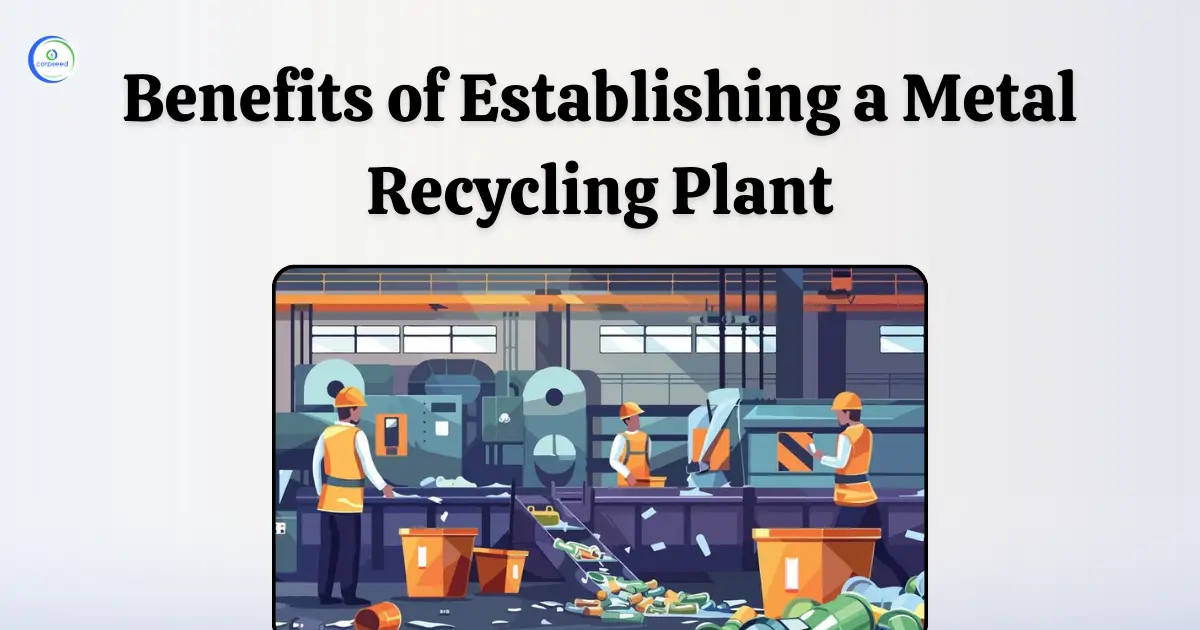

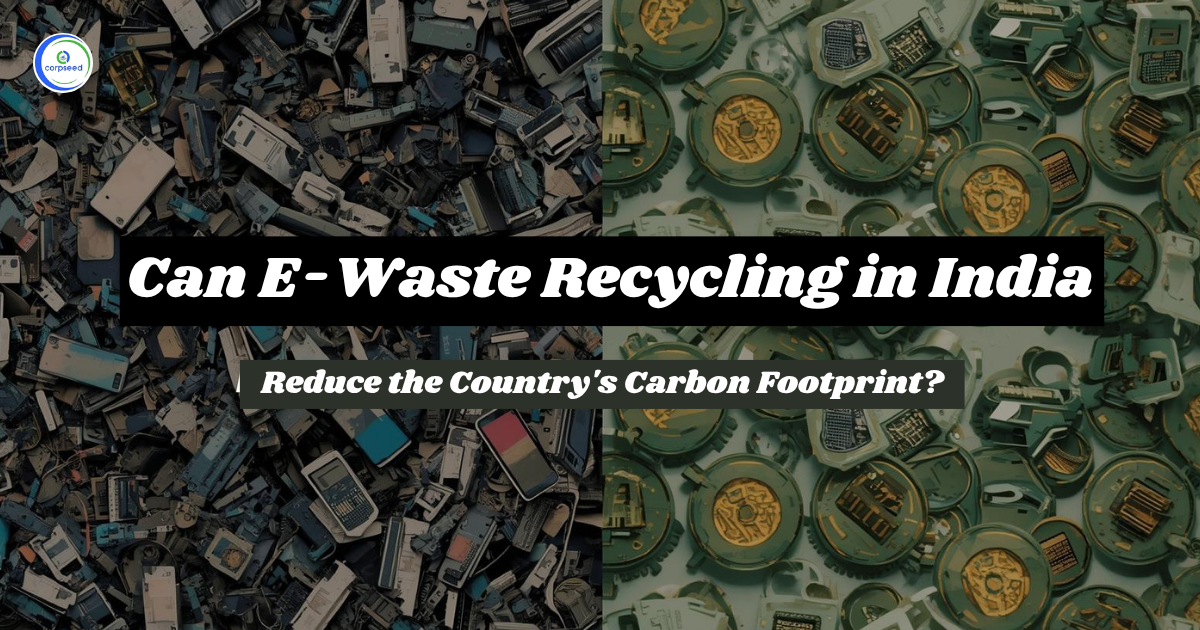
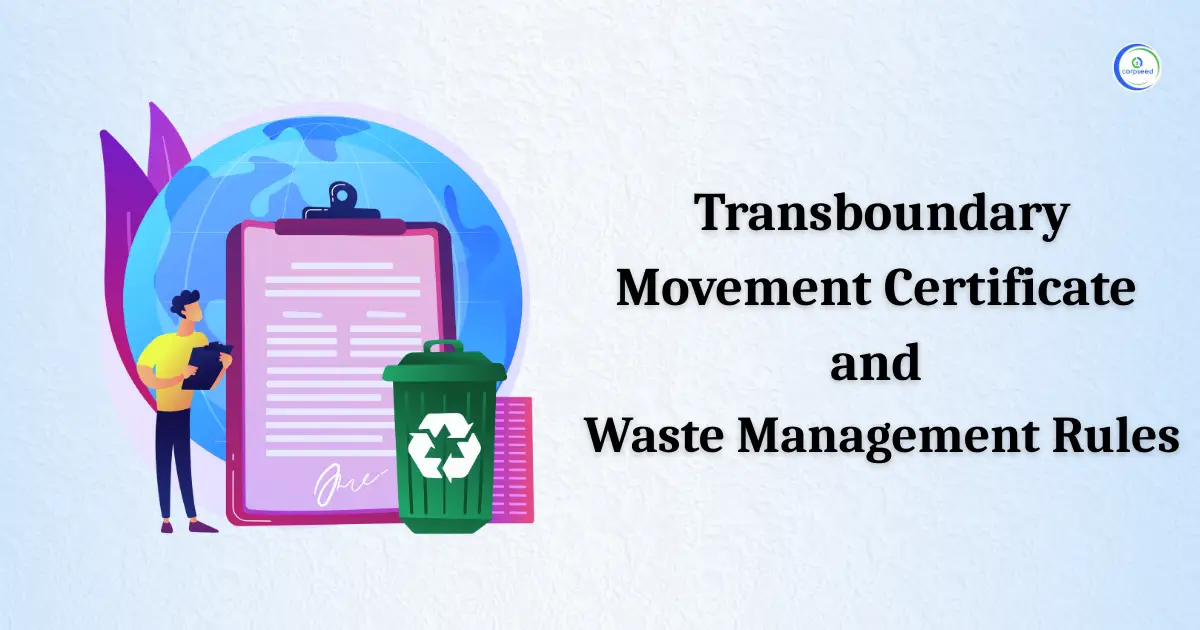
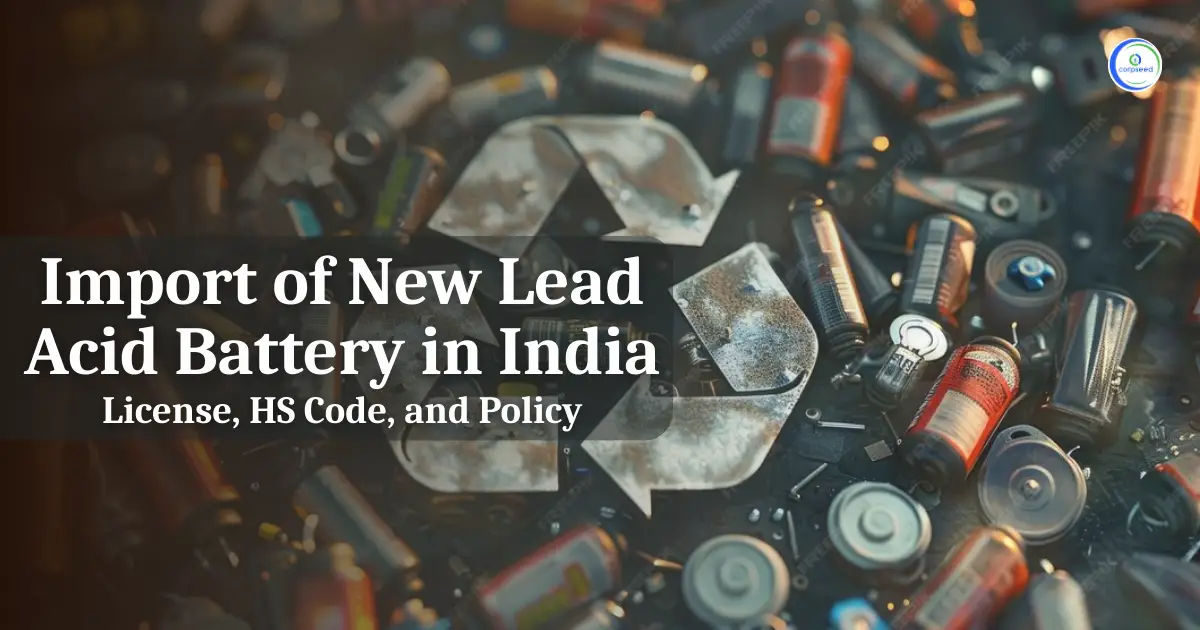
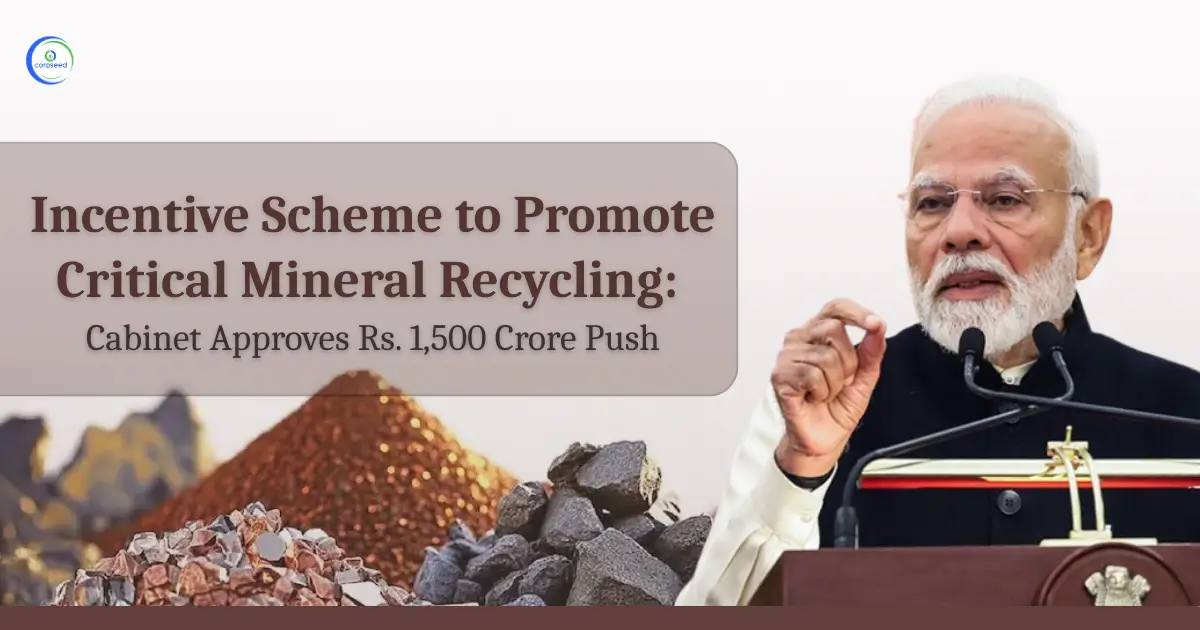
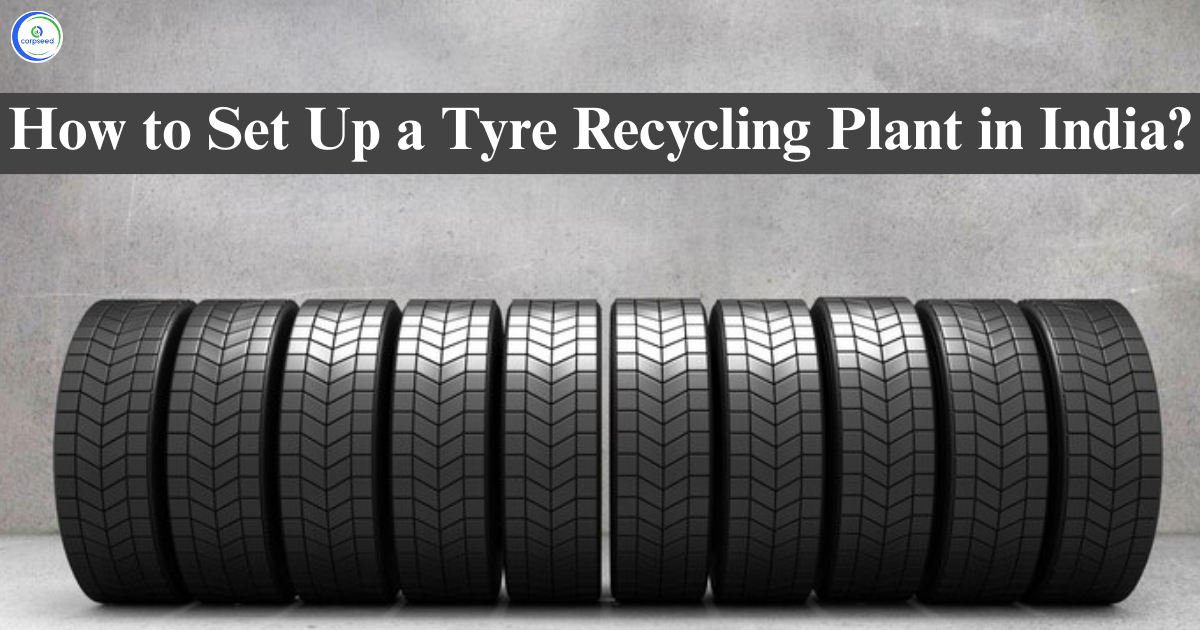
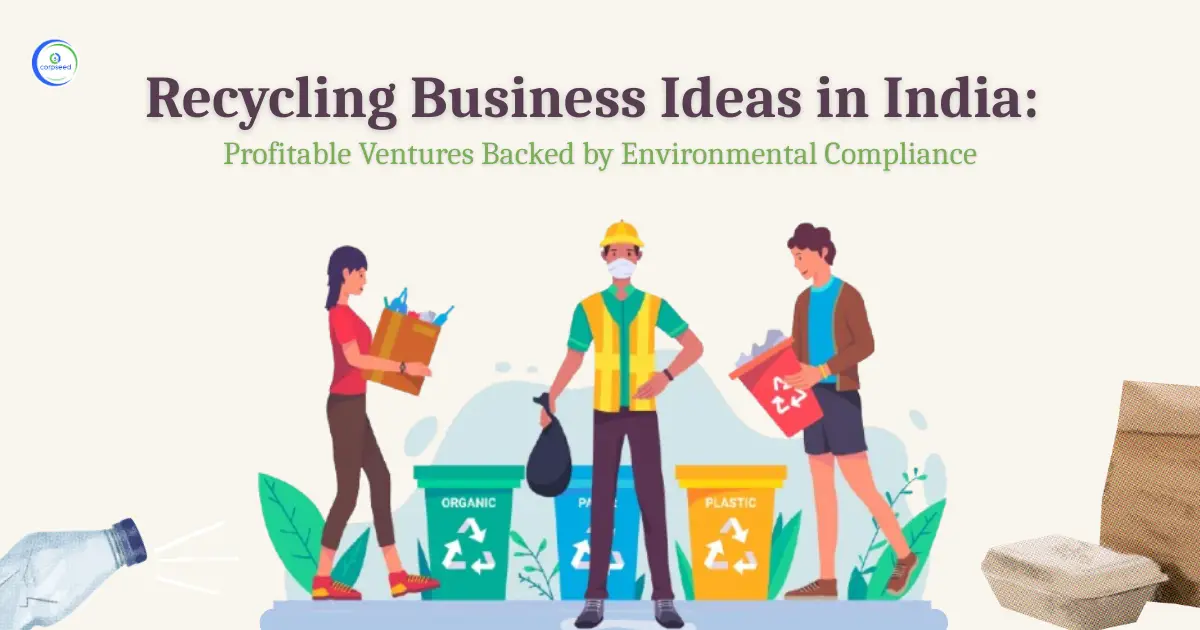
.webp)
